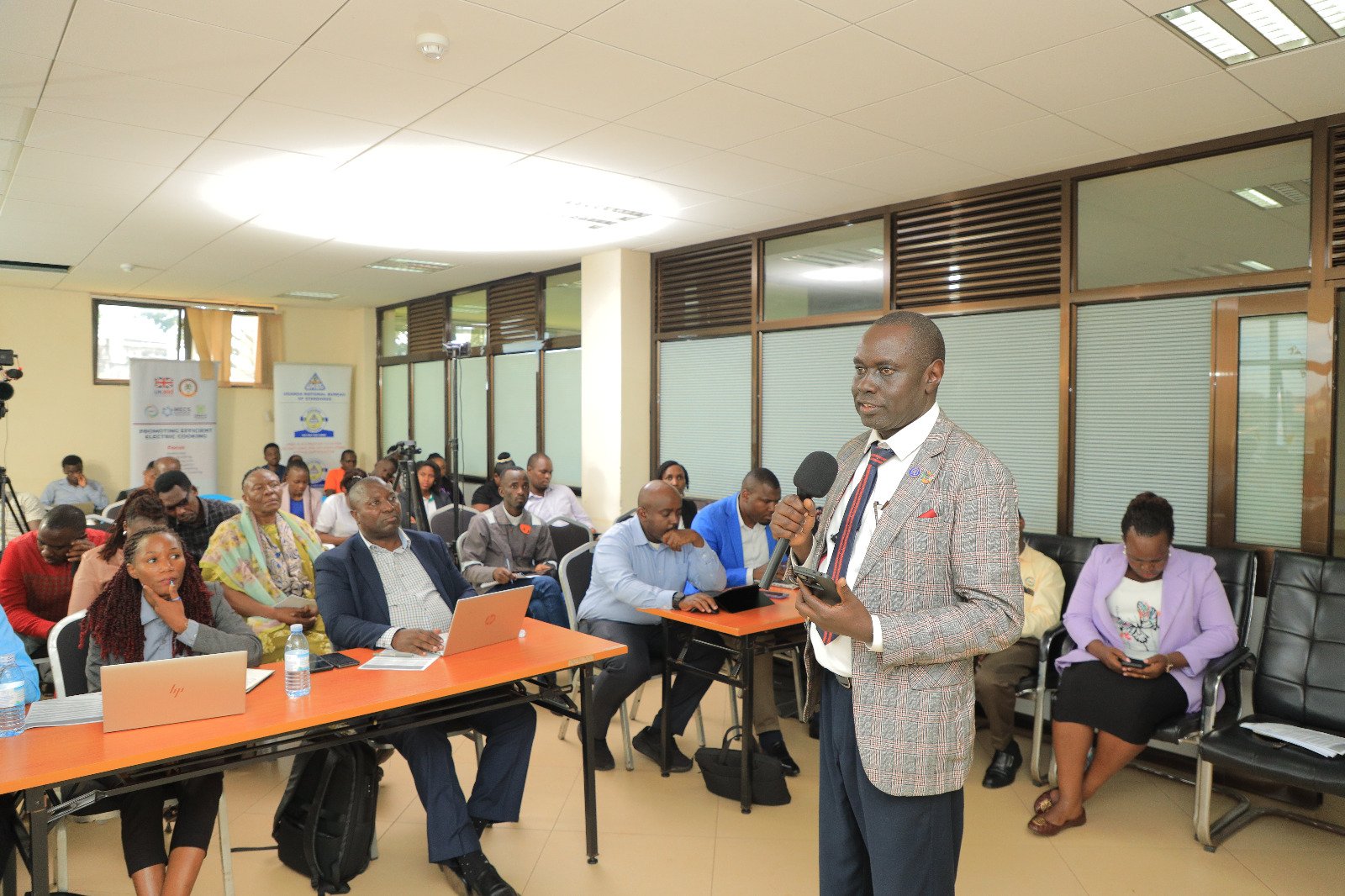Climate Change
UNBS and Energy Ministry Team Up to Set Standards for Uganda’s Burgeoning Clean Energy Sector
In a move aimed at ensuring quality and consumer protection within the rapidly expanding clean and renewable energy sector, the Uganda National Bureau of Standards (UNBS) and the Ministry of Energy and Mineral Development have jointly initiated the development of comprehensive standards for related systems and products. This crucial undertaking includes a thorough review of existing standards, which have been deemed insufficient to keep pace with the dynamic advancements in the energy landscape.
The Ministry of Energy and Mineral Development highlighted the dual challenge facing Uganda: while the transition towards cleaner energy sources is gaining momentum, the nation’s forests are facing increasing pressure due to population growth in both rural and urban areas. This underscores the urgent need for a well-regulated and robust transition process to guarantee that clean energy products available to consumers are not only effective but also provide genuine value for their investment.
Speaking at the inaugural engagement between government agencies and renewable energy entrepreneurs, Keissy Irene Atim, representing the Commissioner of Renewable Energy at the Ministry, emphasised a holistic approach. She stressed the importance of not only focusing on emissions reduction but also addressing the significant role of educational institutions as major consumers of biomass energy.
The discussions highlighted the stark reality that approximately 85 percent of Ugandans still rely on biomass energy, primarily firewood, which remains a major driver of deforestation and contributes significantly to climate change.
Both UNBS and the Ministry underscored the vital role of a well-established renewable energy sector in safeguarding public health, particularly for women and children who are disproportionately affected by the harmful smoke emanating from the use of firewood and charcoal for cooking.
Explaining the broader economic significance of standardization, UNBS Executive Director Eng. James Kasigwa pointed out that standards contribute substantially to Uganda’s economy, accounting for a significant 23.7 percent of the nation’s GDP.
With the clean and renewable energy industry experiencing considerable growth, including increasing export potential, Eng. Kasigwa emphasized the critical need to maintain stringent product standards. “We are resolute in our commitment to protecting Uganda’s reputation. We will not permit the export of substandard products,” he firmly stated.
The sensitization workshop placed a particular focus on tackling the issue of substandard clean cooking products currently circulating in the market. This aligns directly with UNBS’s core mandate of protecting consumers from potentially dangerous and low-quality goods.
Patricia Bageine Ejalu, the Deputy Executive Director of UNBS, reassured the private sector that the objective of this standardization initiative is not to stifle technological advancement and innovation. Instead, the primary goal is to ensure that all products meet essential health and safety benchmarks. She emphasized that with Uganda’s growing population and increasing urbanization, it is imperative for manufacturers and dealers to have a clear understanding of the requirements for producing high-quality products.
Bageine further announced that, in due course, only products bearing the prestigious Q-mark – the UNBS symbol of quality certification – will be permitted for sale on the Ugandan market.
The initiative has garnered positive reception from industry players, with numerous producers and dealers expressing optimism that clear standards will provide much-needed clarity regarding the necessary compliance measures. Jim Ssebaduka, Chairman of the Uganda National Alliance on Clean Cooking, affirmed that standardization would foster a more equitable trading environment.
He noted the current situation where the absence of clear standards allows for the influx of diverse products, often compromising quality and exposing consumers to potential risks. However, Ssebaduka also urged UNBS to enhance its public image, particularly among small and medium enterprises (SMEs) and startups, who sometimes express apprehension about engaging with the agency due to perceived stringent enforcement practices.
Ssebaduka also made a crucial appeal for the development of standards that are sensitive to Uganda’s rich cultural, diverse income levels, and varied geographical landscape. He cautioned against a “one-size-fits-all” approach, emphasizing that such a uniform strategy would not effectively cater to the needs of Uganda’s heterogeneous population.
Comments



























